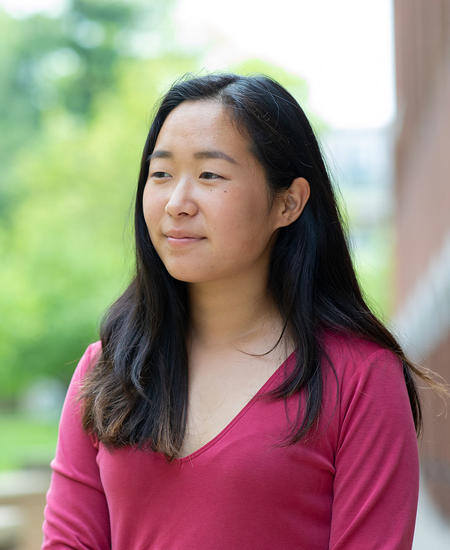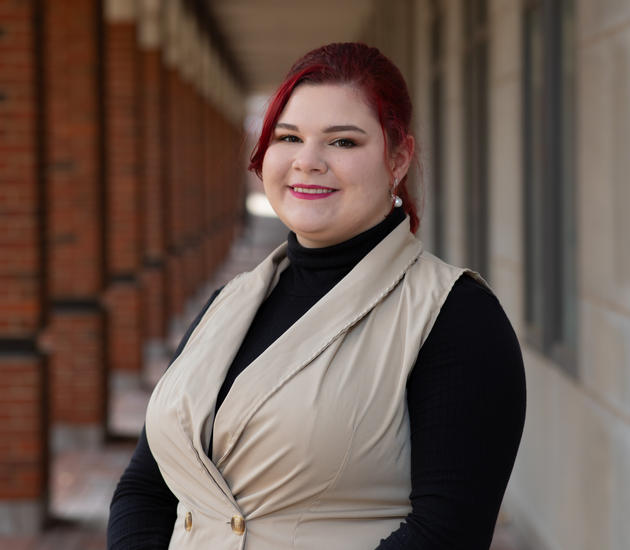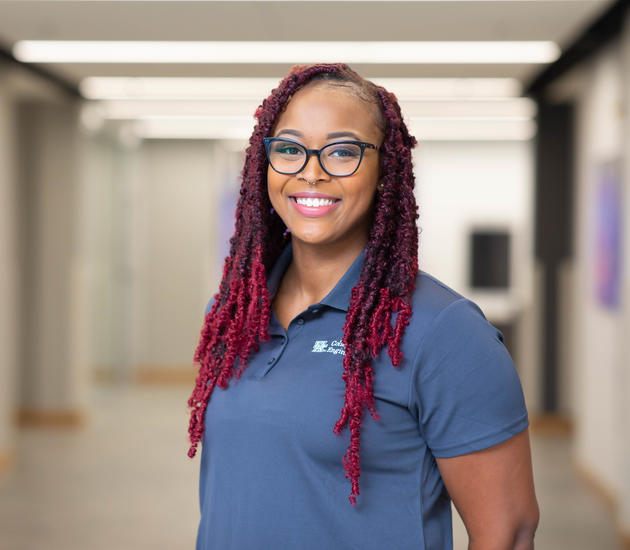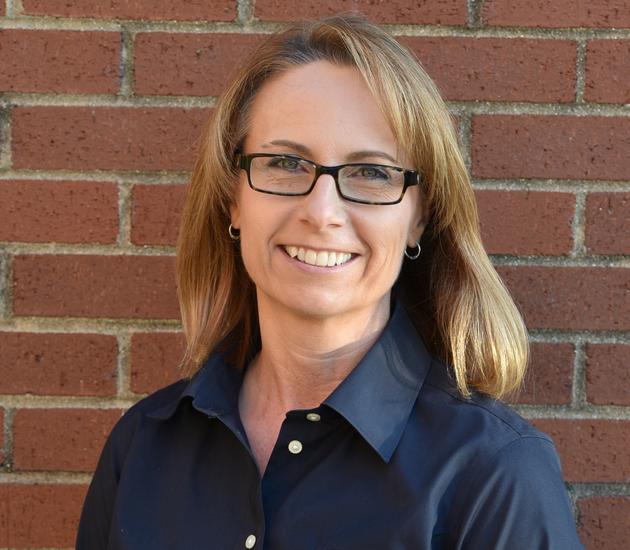By Kel Hahn
At the University of Kentucky College of Engineering, we encourage students to explore defining experiences outside the classroom, such as international study, student organizations, undergraduate research and more.
Recent computer science graduate Eura Shin opted for the whole slate.
From spending a semester working on an eco-informatics project at the University of Canterbury in New Zealand to launching the Association for Computing Machinery for Women chapter at UK to spending a summer at DePaul University as a participant in its Research for Undergraduates (REU) program, Eura graduated in December having achieved an admirable blend of academics and student involvement.
Since the spring 2017 semester, Eura worked with computer science assistant professor Simone Silvestri on research projects related to machine learning and artificial intelligence (AI).
“The core of my research was finding applications of machine learning and artificial intelligence for medicine or sustainability,” Eura explains. “I want to connect these areas to high-impact problems in society.”
Silvestri’s research investigates applications of machine learning and AI to smart homes, which he says involves “including the user in the loop of the learning mechanisms, by not only learning relationships within the data, but also learning aspects of user behavior, such as engagement and reliability.”
When Eura first met with Silvestri in 2017, he showed her a smart outlet that had been designed by another student.
“We discussed its purpose, and I asked a few questions like, ‘What happens when more than one device is plugged into the outlet? How does it distinguish between all of the readings?’ From that discussion, we came up with a new project on the spot, which I was not expecting! He asked if I wanted to work on it and I said yes,” Eura recalls.
While a smart outlet looks like any other outlet, it can connect to the Internet and read sensor data from whatever appliance it's powering. As a result, the user can monitor energy use and optimize energy consumption. Over time, however, Eura learned that even the best smart outlet needs to be unobtrusive.
“I went in with a technical perspective: how do we make this work best?” says Eura. “But I’ve grown to appreciate that ‘best’ is defined by how it works with people in the real world. To be a functional piece of technology, it needs to be both working and not annoying. That’s really important for machine learning in the home. Assuming you have this kind of notification system attached to your outlet, when is the best time for the app to contact you? How can we do this minimally? It’s evolved to take a user-behavioral approach.”
Last spring, Eura won a prestigious Barry Goldwater Scholarship. She plans to earn a Ph.D. in computer science and pursue a position as a professor of computer science. Along the way, she will continue to further her research interests in machine learning and AI.
“Machine learning is growing so quickly, and we want to make sure this technology is used in the right ways. We need to apply it to human-centric areas that don't immediately benefit from innovation, such has sustainability, the environment and medicine.”
Silvestri sees a bright future for this talented researcher.
“Since I started working with Eura, I have been impressed by her proactive and innovative attitude towards research problems. She is highly motivated and focused, senses problems when they arise, often progresses independently without need for oversight, and she is a great team member. Thanks to this talent, I envision a successful research career for her, first in graduate school and then as a faculty member.”




